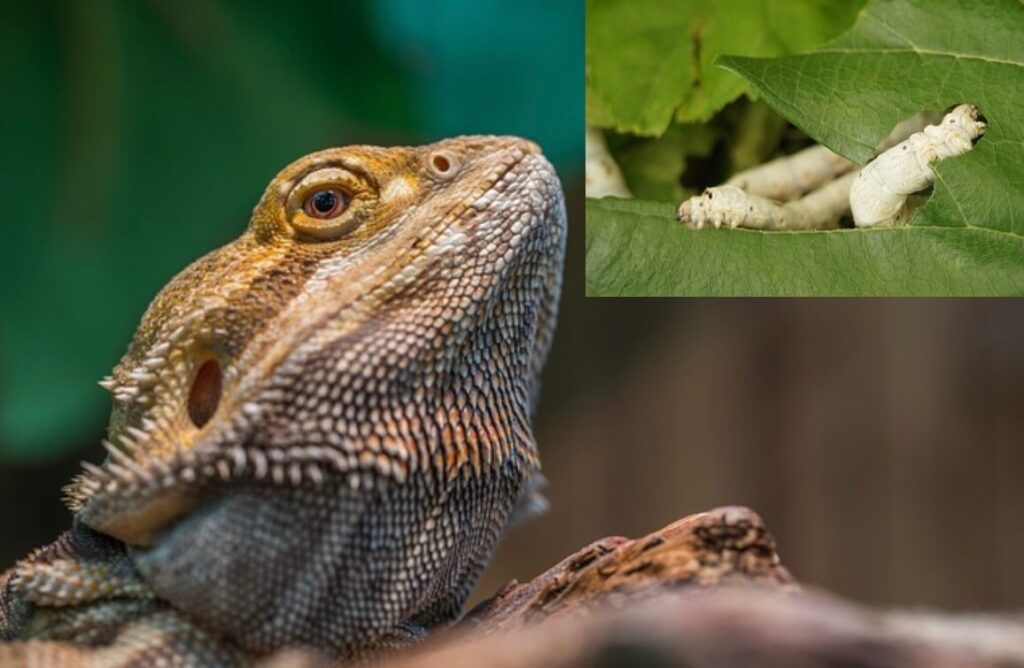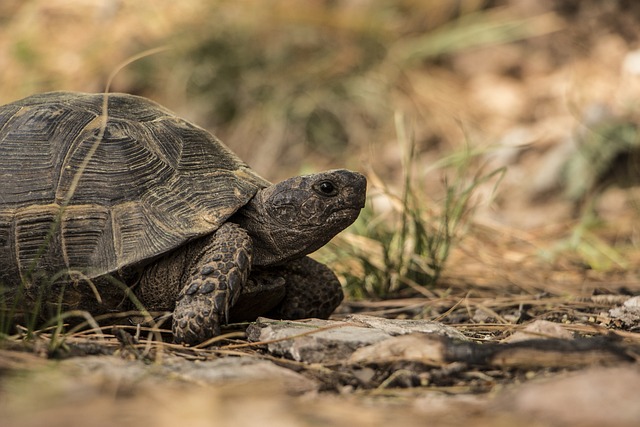If you’re wondering “Can bearded dragons eat silkworms?” the answer is a resounding yes. In fact, bearded dragons can eat silkworms daily and they’re considered a “superfood” for bearded dragons.
In this article, we’ll explore the nutritional value of silkworms for bearded dragons and how to feed them properly. As well, see our full guide on feeding beardies worms here – Can bearded dragons eat worms?
Can bearded dragons eat silkworms?
- Can bearded dragons eat silkworms?
- Silkworm Nutritional Value for Bearded Dragons:
- How often should you give silkworms to your beardie?
- Should I feed my baby bearded dragon silkworms?
- Cons associated with feeding silkworms to your bearded dragon:
- What to do if your bearded dragon eats pesticide covered silkworms accidentally?
- Frequently Asked Questions (FAQ): Can bearded dragons eat silkworms?
- Foods bearded dragons can eat:
- Getting your bearded dragon calcium:
- Vegetables to feed your bearded dragon:
- Insects to feed your bearded dragon:
- How often should you feed a bearded dragon?
- What should a bearded dragon not eat?
- Recap: Can bearded dragons have silkworms?
Silkworm Nutritional Value for Bearded Dragons:
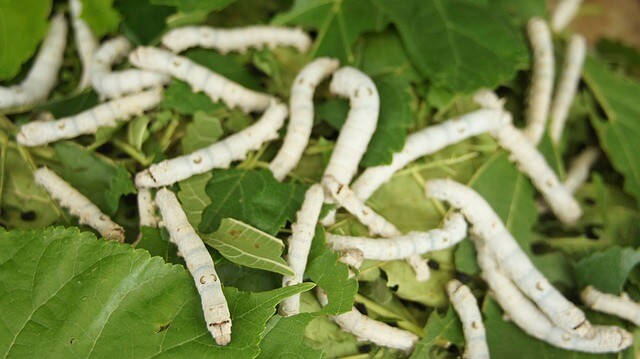
Silkworms, otherwise known scientifically as Bombyx mori, provide immense nutritional value to bearded dragons – they have large amounts of protein, which your pet needs to grow and sustain their bone health. They also contain high levels of vitamins, Magnesium, Iron, and importantly – calcium. Calcium is vital for a bearded dragon’s health.
How often should you give silkworms to your beardie?
You can feed your bearded dragon silkworms daily. The quantity depends on how old your beardie is and their overall health and fitness. Growing bearded dragons should eat more insects, about 80% of their diet should be insects and worms and 20% plant materials. As they grow into adulthood, this should be reserved, so that 20% of their diet is insects and worms and 80% plants.
This comes out to adult dragons eating about three times a day with between ten to fifteen worms per servings. Young and growing bearded dragons should eat about five times a day, with between ten to twenty worms per serving.
Of course, this depends on how many other insects you’re feeding your bearded dragon. If you’re also giving them roaches, crickets, and lots of plant matter, you can give them less silkworms. Test out what mixture of insects and vegetables your bearded dragon loves most by observing what leftovers they leave behind. Over time, you’ll develop the perfect daily concoction that fits your particular pet, and that will keep them healthy and happy.
Should I feed my baby bearded dragon silkworms?
Yes! It’s great for baby bearded dragons to eat silkworms. In fact, they need insects and high protein worms like silkworms at this stage of life more than ever, so that they can grow properly into adult bearded dragons.
Cons associated with feeding silkworms to your bearded dragon:
If you give your bearded dragon a silkworm you find outside, there’s always a chance it’s covered in insecticide or pesticide. When your dragon ingests this pesticide, it could poison them and cause them serious harm and distress. That’s why store bought or home raised worms are safest.
Another con with feeding silkworms to your bearded dragon is they’re expensive. Silkworms are possibly the most expensive worm you can get for your dragon, because of their high economic value. Some bearded dragon owners breed their own silkworms in order to cut costs and be able to provide a healthy food source for their pet.
Lastly, silkworms are sensitive and are quite sensitive to cleanliness and touch. They can spoil and die easily, even if you just lightly touch them. As well, they die quickly, so you need to feed them to your bearded dragon before they rot. This means some pet owners need to make more frequent trips to the pet store, instead of being able to buy a large quantity at once of say, roaches or crickets, which tend to live longer.
What to do if your bearded dragon eats pesticide covered silkworms accidentally?
Don’t panic. Immediately stop your bearded dragon from eating the worms, and closely monitor them closely for symptoms of a strong reaction. This reaction could include:
- Bloating
- Diarrhea
- Vomiting
- Spitting up
- Abnormal behaviors
Give them lots of water to flush out the chemicals as well as a warm bath to calm them down and to encourage a bowel movement. If the reaction worsens or you’re noticing anything out of the ordinary, call a vet immediately.
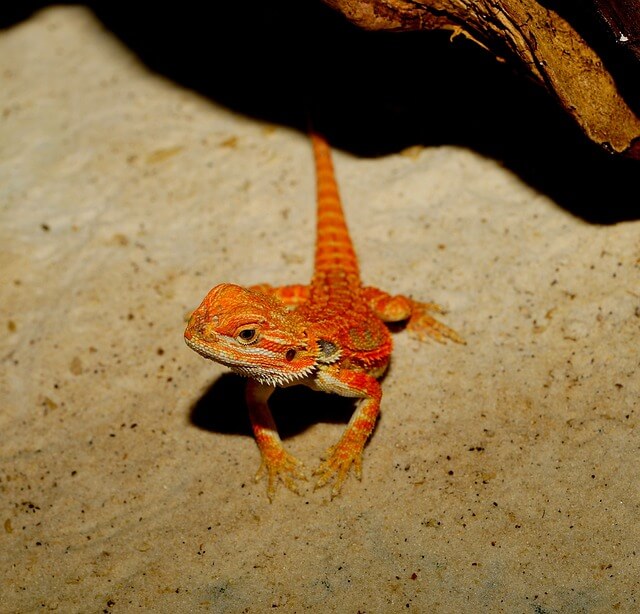
Frequently Asked Questions (FAQ): Can bearded dragons eat silkworms?
Are silkworms healthy for reptiles?
Yes, silkworms are considered one of the healthiest possible food sources for most reptiles. They are high in protein, calcium, and vitamins.
How do you feed silkworms?
If you’re trying to keep your silkworms alive and feed them, get some fresh mulberry leaves and wash them thoroughly. Grate a thin layer of the mulberry leaves over the silkworms and they will start eating it up.
How many silkworms can a bearded dragon eat?
This depends on the age and size of the bearded dragon, as well as the maturity of the silkworm. I’ve heard firsthand accounts of bearded dragons eating over 25 silkworms in a sitting. It’s best to drop around five silkworms in your bearded dragons terrarium at once. If they immediately eat them all, they are still hungry and you can continue feeding them more worms. Do this until they stop to see the length of their appetite. Let them eat freely, especially when they’re young and growing, as bearded dragons usually stop eating when they’re full.
Can bearded dragons eat all worms?
No, there are worms that bearded dragons can not eat. This includes toxic worms, most worms that glow in the worm, and any worm that has pesticides or insecticides on it. It’s safest to feed them worms bought from the pet store or that you’ve raised yourself at home.
What bugs can Beardies not eat?
Avoid feeding your bearded dragon these bugs:
- Any bug that glows, especially fireflies
- Lightning bugs
- Poisonous ants like red ants
- Ladybugs
What are bearded dragon’s favorite worms?
While each bearded dragon is unique and has its own specific tastes, most bearded dragons absolutely love eating mealworms and silkworms.
What is the nutritional value of silkworms for reptiles?
Silkworms contain protein, calcium, fiber, fat, vitamins, and water, all of which reptiles need to be healthy.
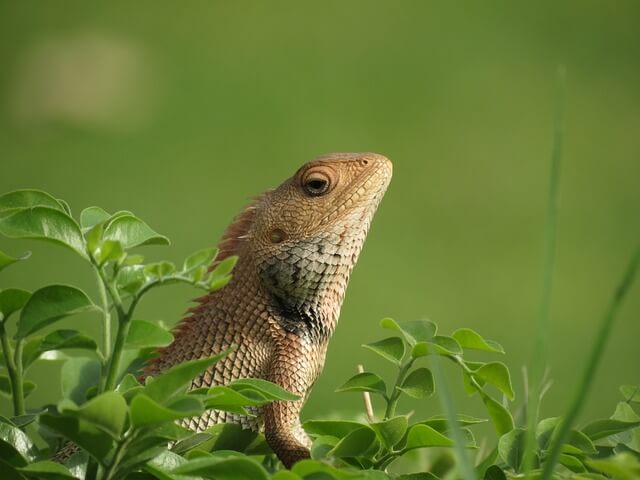
Foods bearded dragons can eat:
If you’re wondering what you should feed a bearded dragon, read our guidelines below. Bearded dragons are insectivores, which just means they thrive on insects as well as plant materials.
If you have a juvenile bearded dragon (between six and eighteen months old), give them about 80% vegetables and 20% live insects.
As your bearded dragon transitions into adulthood, give them the inverse, so 20% plant materials and 80% insects.
Getting your bearded dragon calcium:
Calcium is especially vital to a bearded dragon, especially a young one that is still growing. There are several ways to introduce more calcium into your beardie’s diet:
- Add in more high calcium vegetables like dandelions, bok choy, and collard greens.
- Dust calcium powder over their insects and vegetables to increase calcium levels.
- Make sure they’re getting their 12 hours of UVB exposure as they need this light to be able to properly absorb nutrients.
Vegetables to feed your bearded dragon:
- Peas
- Dandelion
- Green beans
- Cabbage
- Zucchini
- Pumpkin
- See our full list of vegetables to feed your bearded dragon
Note: Bearded dragons can also eat fruit in moderation. See here for a complete list of fruits bearded dragons can eat.
Insects to feed your bearded dragon:
- Crickets
- Kingworms
- Waxworms
- See our full guides to insects you can feed your bearded dragon and worms to feed your bearded dragon
Quick note: Live insects raised by you or bought from the pet store are best because they’re definitely pesticide free.
How often should you feed a bearded dragon?
During the first 3-6 months of your beardie’s life, try to feed them four to five times a day by giving them as many insects as they’d like in 10 minutes. They’re growing and need lots of protein during this stage.
Reduce the number of feedings to about two to three times a day when they’re growing into their juvenile years (between six and eighteen months).
As they become an adult, you can feed them once daily.
What should a bearded dragon not eat?
Avoid feeding your bearded dragon:
- Onions
- Leeks
- Chives
- Mushrooms
- Garlic
- Acidic fruit like oranges, lemons
- Rhubarb (can be toxic to them)
- Avocados (surprisingly, these make them ill)
- Eggplant
- Insects caught in the wild (there may be pesticides covering them)
- Venomous insects
- Dairy of any kind
- Rice and grains of any kind
- Frogs or toads
- Ham or other processed meats
Recap: Can bearded dragons have silkworms?
- Yes, bearded dragons can eat silkworms. In fact, they are one of the most nutritious feeder worms you can give them.
- They are high in protein, calcium, and vitamins that bearded dragons need to thrive.
- Cons to feeding your dragon silkworms would be the high cost and how quickly silkworms die. You can counteract this by breeding your own silk worms at home.
For our full list of food to feed a bearded dragon, see our guide here.
Related articles:

